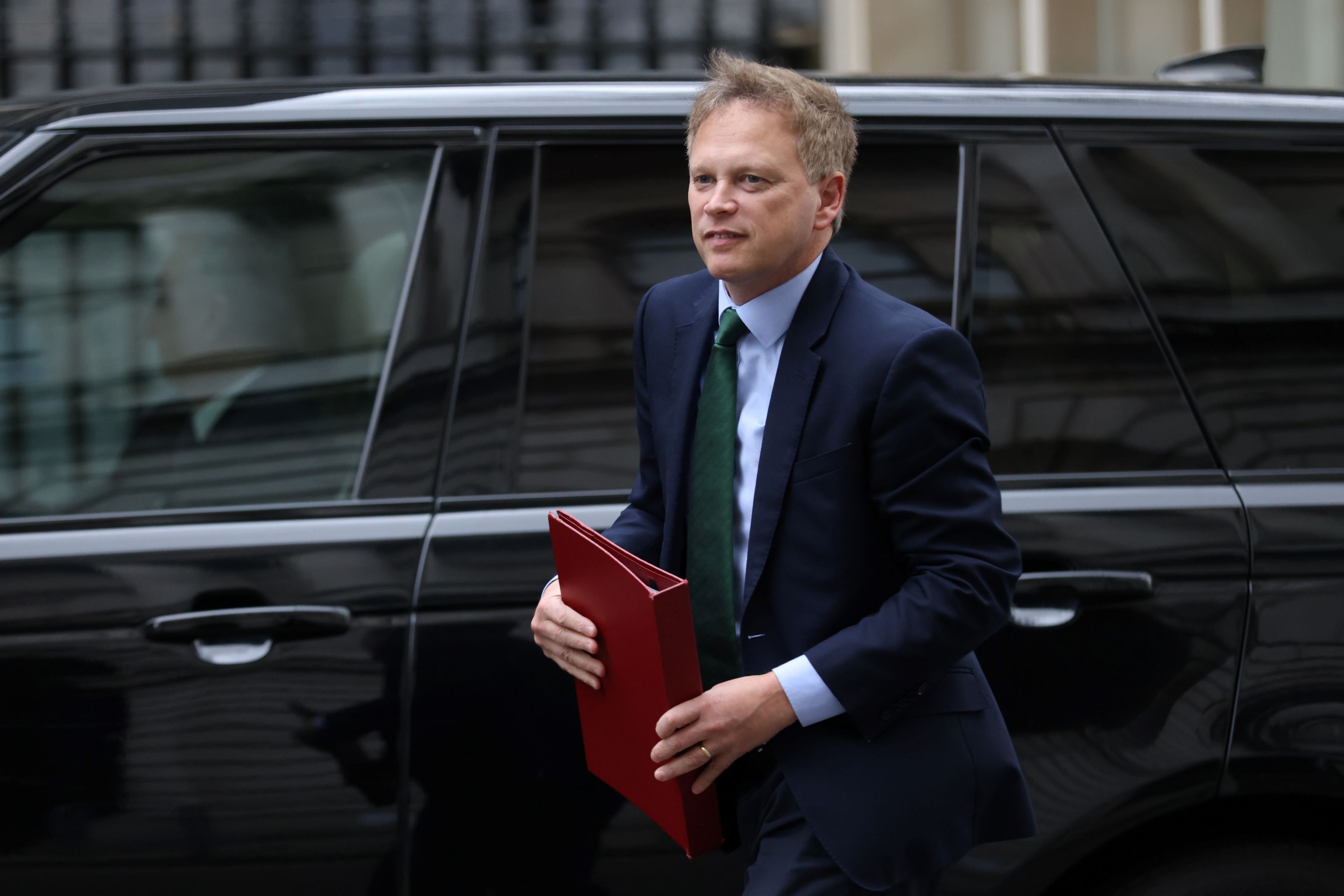Energy companies announce billions in profits after 'cost of living crisis' saw households unable to afford heating
Eon, Scottish Power, and EDF announce record profits in the first half of 2023 as millions of UK households continue to stay in fuel poverty

Energy firms have announced billions in profits after regulators raised the energy price cap, the maximum amount energy suppliers can charge consumers for each unit of energy.
Industry giants like Eon, Scottish Power, and EDF announced bumper profits after Ofgem increased the industry’s price cap after setting it lower in previous years, sparking energy price rises.
The profits come against a backdrop of British families struggling to pay for essentials, with Campaign group National Energy Action estimating that there are currently 6.6 million households in fuel poverty.
Record profits for energy companies
UK energy suppliers have announced record-breaking takings during 2023.
Eon, the second largest energy provider in the UK, said its first-half earnings from its UK business soared to €839m from €352m in the same period of 2022.
Similarly, ScottishPower went from an £87m loss in the first half of 2022 to a £576m profit in 2023, while EDF said pre-tax profit from its UK operation jumped to €2.3billion in the first half of 2023, up from €860m a year earlier.
This also follows news last week that British Gas made almost £969m million in profit last year while householders struggle to afford to keep their homes warm.
Get the Homebuilding & Renovating Newsletter
Bring your dream home to life with expert advice, how to guides and design inspiration. Sign up for our newsletter and get two free tickets to a Homebuilding & Renovating Show near you.
The UK’s largest energy company defended the record profits it made claiming it is a "one-off" recovery of costs from previous year's lack of profits.
Energy Price Cap changes blamed for rise
In November Ofgem increased the Energy Price Cap, which would have meant households faced average bills of £4,279 from the start of 2023, up from £3,549.
The price cap rose to £4,279 from January, meaning UK taxpayers must pay nearly £1,800 per house over the course of the year after limiting household bills to £2,500 under the Energy Price Guarantee.
The Energy Price Cap was originally introduced by the government in 2019 to limit how much firms can charge consumers for their energy, and ensure households on default tariffs pay fair gas and electricity prices.
However, energy price rises in Europe forced Ofgem to increase the Energy Price Cap to stop energy companies from going out of business.
Energy firms were compensated with UK taxpayer money for the difference between wholesale gas and electricity prices and the amount they charged customers.
Profits predicted to continue despite 'one-off' claims
A report by Warm This Winter, a coalition of anti-poverty and environmental groups, found Britain’s energy suppliers are set to make £1.74bn in profits from customers’ bills over the next year.
Suppliers have seen the annual profits they make from the average customer on a variable tariff rise from £27 in 2017 to £130 in early 2023.
Simon Francis, coordinator of the End Fuel Poverty Coalition, said: “This report shines a light on the murky depths of Britain’s broken energy system. Without a fundamental overhaul of the energy grid and energy tariffs, households will continue to lose out while suppliers will profit.
“(We) need to see urgent and sustained action to reduce our reliance on high levels of energy consumption, such as improving the energy efficiency of homes, driving an increase in cheap renewables and a move away from the fossil fuel profiteers of the past.”
However, an Ofgem spokesperson claimed the profits are an anomaly after the relative struggles of energy companies over the previous years.
They said: “After four years of loss-making, the energy retail sector is expected to return to profit this year.
"The profits we’ll see in the energy retail sector for the first half of this year are a one-off as suppliers recoup some of the significant costs and losses they incurred over recent years due to Covid and the Russian invasion of Ukraine.”
Energy Price Guarantee unlikely to be reintroduced
Energy Secretary Grant Shapps appears to be unwilling to protect households from rising energy bills with another Energy Price Guarantee.
In an interview with The Times, Shapps said: “We don’t want to be in a position… of having to constantly pay energy bills.
“We’re having to tax people in order to pay it back to people… that money doesn’t come from nowhere.”

Sam is based in Coventry and has been a news reporter for nearly 20 years. His work has featured in the Mirror, The Sun, MailOnline, the Independent, and news outlets throughout the world. As a copywriter, he has written for clients as diverse as Saint-Gobain, Michelin, Halfords Autocentre, Great British Heating, and Irwin Industrial Tools. During the pandemic, he converted a van into a mini-camper and is currently planning to convert his shed into an office and Star Wars shrine.

